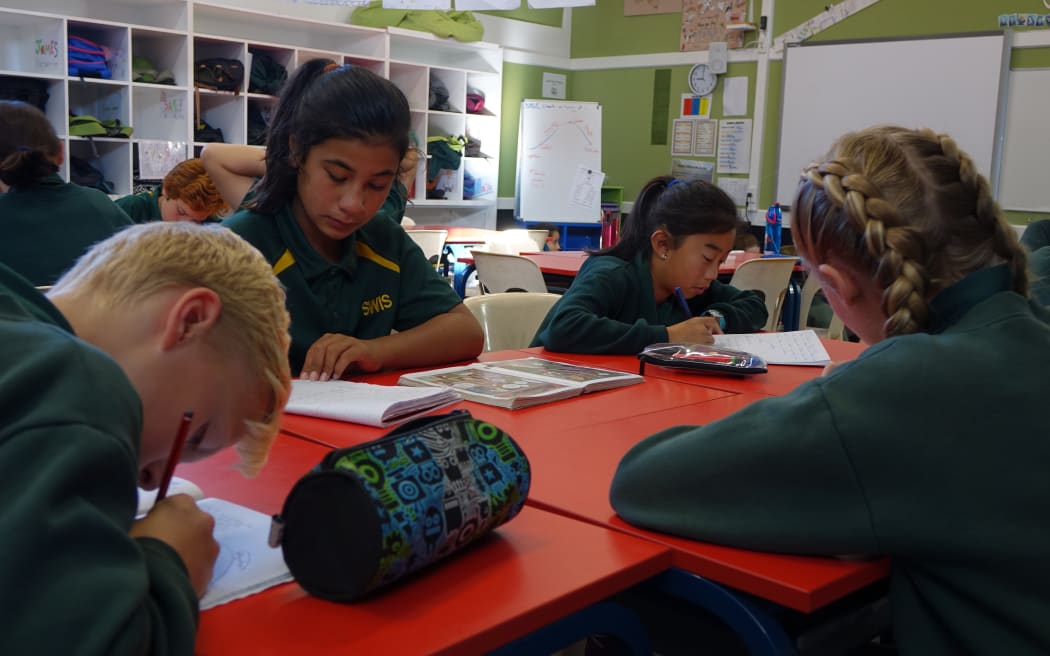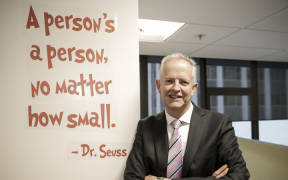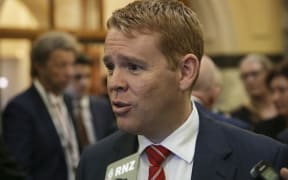The government's first education summit has generated calls for greater inclusion of Māori knowledge, development of children's life skills, and more cooperation between schools.

File photo Photo: RNZ / John Gerritsen
Nearly 800 invited participants attended the event in Christchurch at the weekend, where they were asked to brainstorm a vision for the sort of education system they wanted for New Zealand.
Secondary students at the summit said they wanted the system to give Māori greater recognition.
Rerekia Perenara O'Connell from Burnside High School said teachers sometimes included Māori culture and history as a specific topic of study, rather than integrating it into regular lessons.
Naenae College student Whaiora Kennedy said Māori and Pasifika students sometimes found it hard to understand the language used by their teachers.
But they also benefited from teachers who made an effort to understand their students' cultures.
"Our teachers are actually getting down with us and understanding where we are coming from," she said.
"Having that relationship with our teachers in a cultural sense has been very influential."
The students RNZ spoke to also wanted to extend learning beyond regular subjects - something supported by Horticulture New Zealand chief executive Mike Chapman.
Schools needed to rethink what skills their students really needed, such as learning to drive, he said.
"What we see is people don't have driver's licences, they can't get to work, then they start getting picked up by the police for not having a driver's licence and things start to go worse for them.
"So I think we could go back ... and look at the things that will really count and really make a difference for people going forward. Something as simple as a driver's licence can change a whole life."
Others at the summit wanted to see the education system become more inclusive.
A school trustee and probation officer from Oamaru, Hana Halalele, said failure to do so could lead to big problems.
"A lot of the children or the students who fall through the gaps, they are at risk in terms of offending and troubled behaviour in the community.
"So when we fail to meet their needs, we put them at risk of offending."
Disabled Persons' Assembly spokesperson Esther Woodbury said there was "a lack of ambition" for many students.
"For a lot of people in our society as well, and I suppose we just want to create a more equitable society and to do that you need to create an equitable education system."
Education minister Chris Hipkins said the exercise would genuinely inform government decisions.
"This is not about rubber-stamping what we've already decided, this is actually about ensuring New Zealanders have input to the future direction and vision for our education system."
A second summit was scheduled for Auckland this weekend.





